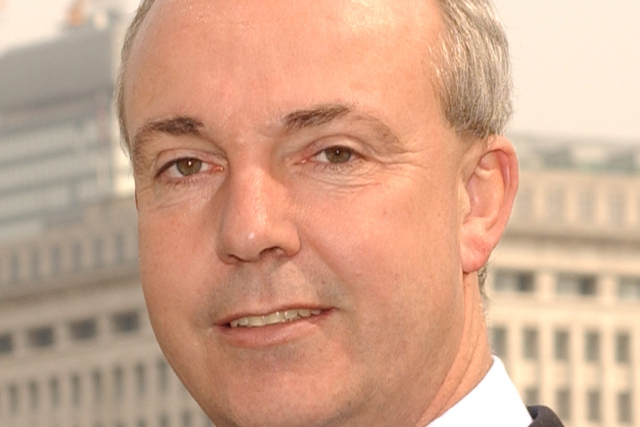The global economic outlook is bleak, with Europe in crisis and shrinking economies struggling to manage their debt repayments.
Consumer confidence has waned to a reported rating of -61, the lowest recorded since 2003.
This is partly fuelled by the high visibility of failing companies on the British high street, with numerous companies plunging into administration in recent months including Habitat, Jane Norman and Borders.
Thomas Cook shares recently plummeted by more than 75% in just one day after admitting its trading had ‘deteriorated’, signalling the demise of confidence as businesses compete on increasingly tough grounds.
A possible insolvency situation is a foreseeable event for the management teams of such companies, but what options do they then face?
Two favourable options in this scenario are of course avoiding insolvency altogether or maximising value where insolvency cannot be avoided.
The less favourable alternative is the loss of significant value in the process and little given in the way of return to shareholders.
In the case of a group where some brands are suffering while others remain prosperous, this can be turned to the group’s advantage due to the flexibility of managing the situation across a brand portfolio.
In this instance, brands need to be carefully managed to avoid toxicity spreading and devaluing the lucrative intangibles left in the company.
It is vital that the value of the top brands is communicated to the market and that more lucrative intangibles are separated from their poorer performing counterparts.
Several companies manage their portfolios in this way, separating them into tiers assessed by quality within a category.
However, many other companies, such as the Alexon Group, have failed to realise this in the past - it failed to separate its lucrative Kalico and Alexon brands from its poor Dash and Minuet Petite brands.
This mistake is made too often, and the market will look with scepticism on a second attempt by the Group to rectify the first attempt.
Unfortunately sometimes even the most effective portfolio management is not enough to revive a company in extreme financial difficulty, and companies need to explore other ways to maximise the value of their intangibles.
An emerging trend in the cash-strapped economy is the struggle of companies to find funds to cover the increasing pension deficit gap, alongside shrinking sales and growth figures.
An October court ruling stated that bankrupt companies must fill pension gaps before paying other unsecured debts, however companies can find comfort in the fact that non-cash value can be created in pensions through the use of intangible assets, such as brand or trademarks.
Companies can create a pension funding partnership (PFP) by transferring intangibles into special purpose vehicles (SPVs) and then leasing those assets to the company, much in the same way as a company can license a brand.
This serves to improve company cash flow and at the same time extend a valuable security to the pension scheme.
For companies facing insolvency partly fuelled by pension deficits, getting the support of the trustees for such a scheme can provide a lifeline.
This is usually a win-win situation, as the trustees will benefit from the same key areas as the employers, such as the immediate deficit reduction.
A PFP acts as a bond-like asset which is secured as the assets fall to the pension fund upon default.
The retention of control over the asset is another benefit, as the asset still belongs to the company.
PFPs backed by intellectual property are a strong and often ideal solution for companies with cash-flow problems and pension schemes with deficits which are difficult to bridge in the short term.
It is vital that companies facing insolvency maximise the full potential of their valuable intangible assets and communicate this value to the market.
Effective strategic management of ntellectual property can serve to stave off insolvency or to minimise losses in a scenario where avoiding insolvency is not possible.
Stuart Whitwell, managing director, Intangible Business


